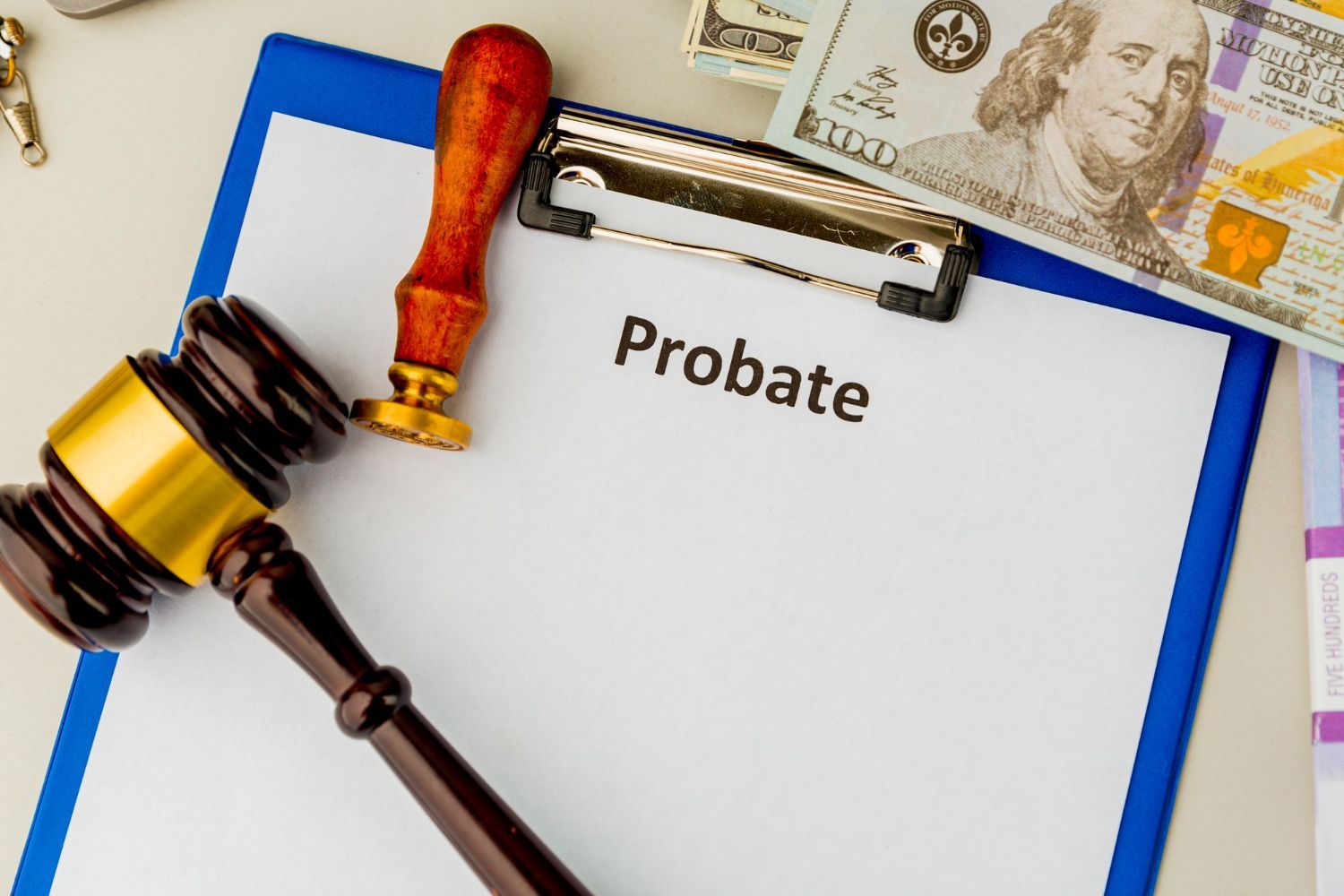Rules to determine who can inherit property
List of Services
-
Rules to determine who can inherit property. ( OCGA 53-2-1)List Item 1
Under Georgia law a “child” is considered one who is from a previous marriage as a child from a current marriage. Also, an adopted child is considered a “child” who can fully inherit property just as a child born to a person can.
If a person dies without a Will in Georgia who is married but with no children, the spouse is the sole heir.
If there are children when a person dies, the spouse shall share equally with the children, but the spouse’s portion of the estate shall not be less than one-third of the estate, with more than three children sharing the two-third remaining estate equally.
If there is no spouse when a person dies, then the following rules of inheritance applies
- Children are the closest in relation to the deceased and share equally in the estate. If any children have died before the unmarried deceased, then any grand children of the deceased child will take that deceased child’s portion of the estate.
- Parents of the deceased then stand second in line to receive the estate.
- Siblings of the deceased are third in line to receive the estate with any nieces and nephews take for any siblings who have died before the deceased.
- Grandparents of fourth in line to receive the estate.
- Uncles and aunts come after grandparents fifth in line, and if any uncle or aunt did not survive the person then any first cousins take the share the uncle/aunt would have received.
If a person dies is not married, had no children either born to him/her or adopted during that person’s life, no living parents, no living siblings or nieces or nephews, no living grandparents or living uncles or aunts or first cousins then Georgia looks at who is the closest living relative to the deceased by seeing who is the closest living remote relative of the grandparents of the deceased.
Most minor children do not have a Will. But what happens if a minor child is killed, and a wrongful death suit is filed to recover damages for the minor child’s death. Any person who files for the right of recovery for the wrongful death of a minor who willfully abandoned that child who dies without a Will is prevented from inheriting any asset of the deceased minor child in most cases. Any parent who has been deprived of the right of recovery shall be treated as if the disallowed parent predeceased the minor child.
However, any person who has been deprived of the custody of a minor child under a court order and has complied with the support requirements of the order shall not be barred from filing a right of recovery in any wrongful death suit.
-
Inheritance for children born out of wedlock. (OCGA 53-2-3)
A child born out of wedlock may inherit from the mother just as children born in wedlock.
A child born out of wedlock from the father unless:
- A court has declared the child legitimate, or
- A court has entered an order establishing paternity, or
- The father signed a sworn statement attesting to the child’s parent-child relationship, or
- The father signed the birth certificate, or
- There is clear evidence of the paternity of the child to the father, or
- Genetic testing shows that there is a 97% probability of paternity.
Any children of a child born out of wedlock who so qualifies for inheritance can also inherit from the qualified child.
The mother and any relatives of the mother of a child born out of wedlock can inherit from the estate of such a child. (OCGA 53-2-4).
The father and any relatives of the father of a child born out of wedlock can inherit from the estate of such a child provided the exceptions listed above have been established. .
-
Inheritance for children conceived by artificial insemination. (OCGA 53-2-5)
Any child conceived by artificial insemination shall be presumed legitimate to fully receive an inheritance from parents and relatives of the parents, and the parents and relatives of the parents shall be intitled to inherit from and through this child.





